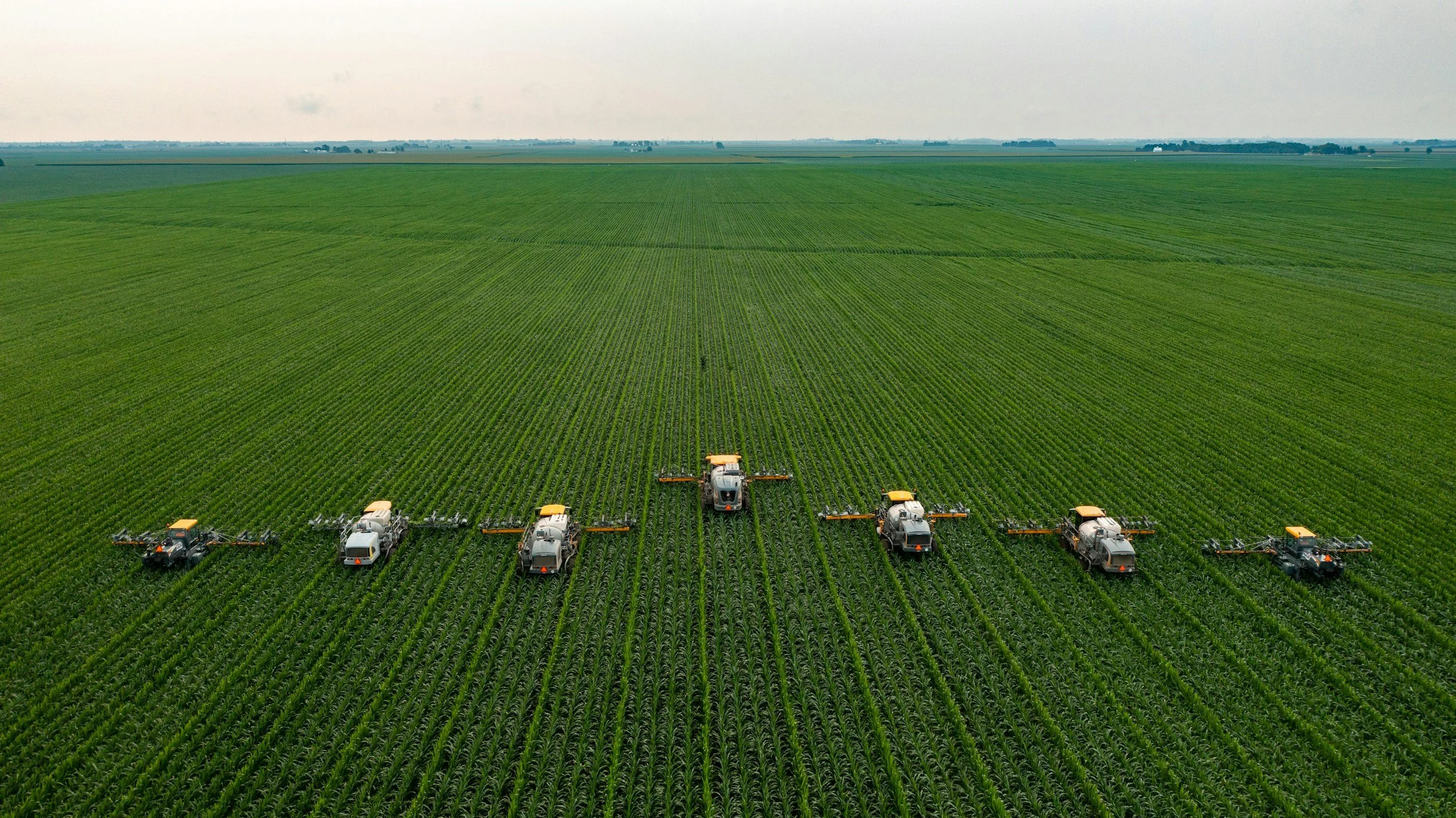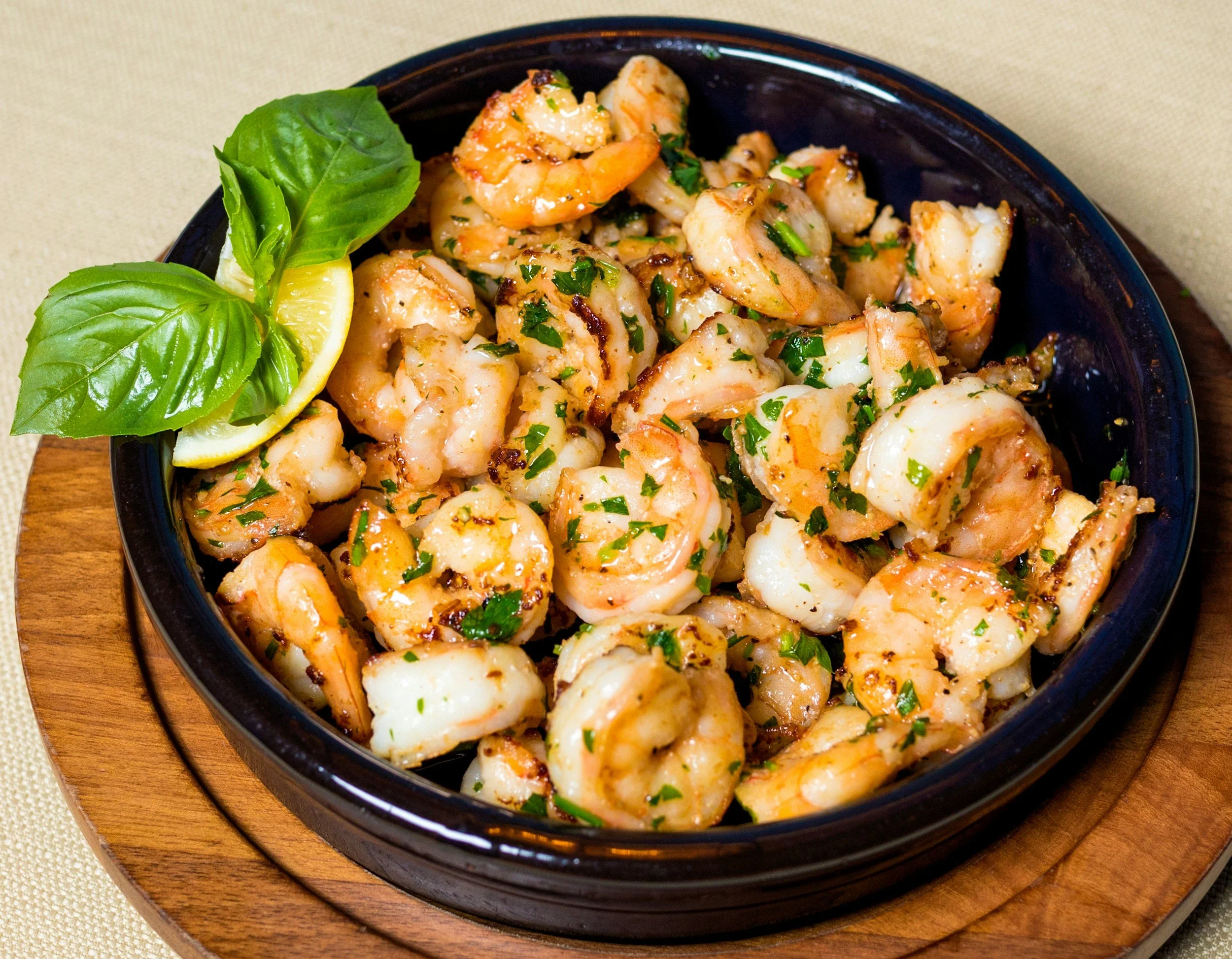If you have grown plants for food or aesthetics, you have probably experienced the frustration of losing some of your crops to insects and other pests. That is just a part of gardening, although if you grow crops year-round, you’ve probably realized that the upside of winter gardening is that you don’t have to spend much time fighting herbivores, since the cold weather kills them or drives them into a dormant stage. Animals are a different story, however, and you may find that hungry squirrels, deer, raccoons, or other critters are helping themselves to your plants even through the cold season.
To get rid of insect herbivores, many gardeners resort to using insecticide-pesticides. (Pesticides consist of a number of substances, including weed killers like RoundUp, insect-killing chemicals, and molluscucides, or “snail bait.”) In fact, most commercial (and many non-commercial) plants are grown with the aid of pesticides. While this may seem like a solution to the problem of insect herbivores ruining all your hard work, it has many downsides that have implications for your plants’ health, the health of the environment, and your own as well.
Read More











































